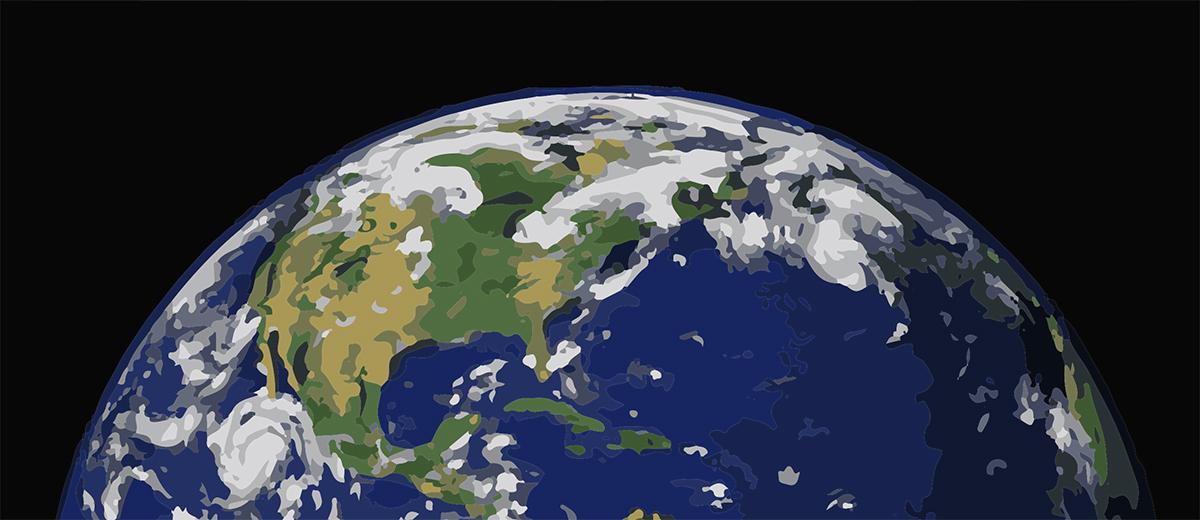Threats of nonrenewable materials running out and global warming have people concerned about how much time humans have left on earth.
One point one billion years. That’s all the time Earth and its inhabitants have until the sun gives out and the universe collapses according to futurism.com. And that’s not a guarantee. Humans believe that the Earth has an unlimited amount of resources that can continually supply us at our beck-and-call, but the truth is that we are quickly running out of essential resources that could sustain us for even the next 60 years. Renewable resources are a given; even if our supply of renewable resources goes down, we’ll always have them, as they are renewable. Once we run out of a nonrenewable natural resource,however, we do not have the opportunity to get it back, and our only hope is that scientists will have found a substitute to replace the resource that has been on Earth for millions of years.
According to Green Optimistic, “The rare-earth metals (such as lithium) might last until nearly 2090, copper might last just shy of 2040. Lead, on the other hand, might not even last until 2025, a mere seven years from today.” By the time this century is over, lithium, copper, lead and other important materials might forever be lost. Say goodbye to electric motors, batteries and electric cars. But we can survive without these re

sources, right? Nowadays, people have solar energy, and we still have gas and oil, so what’s the need for electric cars? Sorry to disappoint, but oil is another major nonrenewable natural source that is quickly disappearing. Globally, the world uses 200 million tons of oil every year, and with the rate we are using it, we only have about 40 years left of it.
“I find that the rapid decline of the earth is terrifying,” said Junior Brooke Corrales, “Watching people destroy our planet and not want to do anything about it is extremely troubling. We only have one planet and if we continue treating the world this way we won’t have one to live on much longer.”
Global warming is another major issue that Earth is currently facing. According to The New York Times, Earth can only handle the atmosphere warming up 3.6 degrees Fahrenheit before reaching the most severe effects of climate change. And as of right now, reports have come through stating that the mark now changed to 2.7 degrees Fahrenheit. Effects of this rapid global warming could take place as soon as 2040, and could lead to food shortages, wildfires and a massive die-off of coral reefs.
“I am very fearful for our future generations. If we continue destroying our earth it will soon not be uninhabitable for future generations,” said Corrales.






